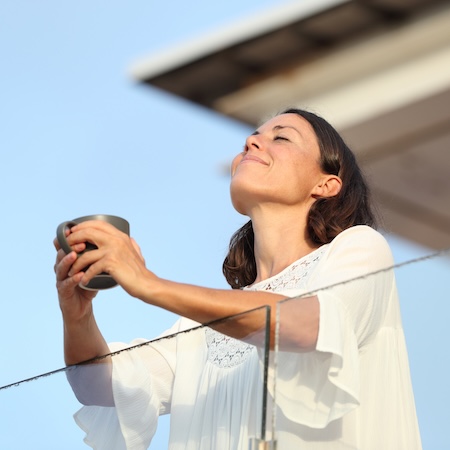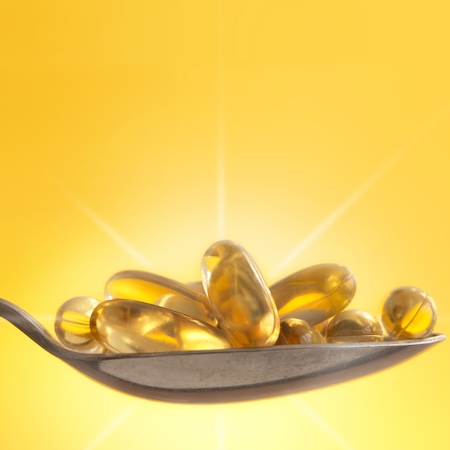TORONTO, ON (October 28, 2024) – November is the month that Vitamin D winter begins in northern latitudes – including all of Canada. A time when the sun can no longer trigger vitamin D production in your skin as fall and winter UVB rays are too weak. The Vitamin D Society is reminding everyone that now is the time to TAKE ACTION to ensure you are not vitamin D deficient through winter.
During the last 16 years the Vitamin D Society has educated the public about the benefits of vitamin D and sun exposure through November Vitamin D Awareness Month and World Vitamin D Day on November 2nd to help prevent vitamin D deficiency.
The importance of regular, non-burning sun exposure for health was highlighted this year by a new study published by researchers from the University of Edinburgh. This study looked at the health records of 395,000 people from the UK Biobank database and found that the people who use solariums and who live at locations with higher annual average sun exposure in the UK have a lower risk of both cardiovascular and cancer mortality.
According to the study:
- In fully adjusted models, solarium users had higher levels of vitamin D compared to non-solarium users – a finding replicated in studies in Canada and the United States for the past 20 years.
- Solarium users had a 15% lower risk of all-cause mortality, a 23% lower risk of cardio-vascular disease mortality, a 14% lower risk of cancer mortality, and a 12% lower risk of non-CVD/non-cancer mortality as compared to solarium non-users in fully adjusted models.
Senior researcher Dr. Richard Weller stated: “Our study showed that people with higher sunlight exposure, gained either through sun-seeking behaviour which was
indicated by solarium use, or through living further south, had lower risk of all- cause mortality, cardiovascular mortality, and cancer mortality."
“The world is starting to question whether the general advice to reduce sunlight exposure is really the best for your overall health. There are benefits to sunlight and UV exposure and all of these benefits cannot be found in supplements,” Vitamin D Society Executive Director Perry Holman said today.
Dr Rachel Neale, an expert cancer researcher from Australia reports: “Avoiding the sun and using dietary sources and/or vitamin D supplements to meet vitamin D requirements may seem an attractive solution. However, exposure to UV radiation may have benefits independently of vitamin D, particularly for the immune system.”
Take action to make sure you are not vitamin D deficient:
- Adults need a daily vitamin D intake of 4,000 IU/day (100 mcg) from all sources, according to levels recommended by vitamin D experts.
- Get out in the natural sunlight when the UV Index is above 3 and your shadow is shorter than your height. Remember to never sunburn.
- Consider artificial UVB exposure when natural sunlight is weak or not available and your skin type can receive UV exposure without burning.
- Increase your food intake of fatty fish such as salmon.
- Take a vitamin D3 supplement to make up the balance when sun exposure is not available or a viable option. UVB from sunlight or a sunlamp is what makes vitamin D naturally in your skin.
- Test and make sure your 25(OH)D blood level is between 100-150 nmol/L (Canada) or 40-60 ng/ml (USA). (home-based test)
About the Vitamin D Society: The Vitamin D Society is a Canadian non-profit group organized to increase awareness of the many health conditions strongly linked to vitamin D deficiency; encourage people to be proactive in protecting their health and have their vitamin D levels tested annually; and help fund valuable vitamin D research. The Vitamin D Society recommends people achieve and maintain optimal 25(OH)D blood levels between 100 – 150 nmol/L (Can) or 40-60 ng/ml (USA). To learn more about vitamin D, please visit www.vitamindsociety.org
For more information, please contact: Perry Holman, Vitamin D Society, pholman@vitamindsociety.org


